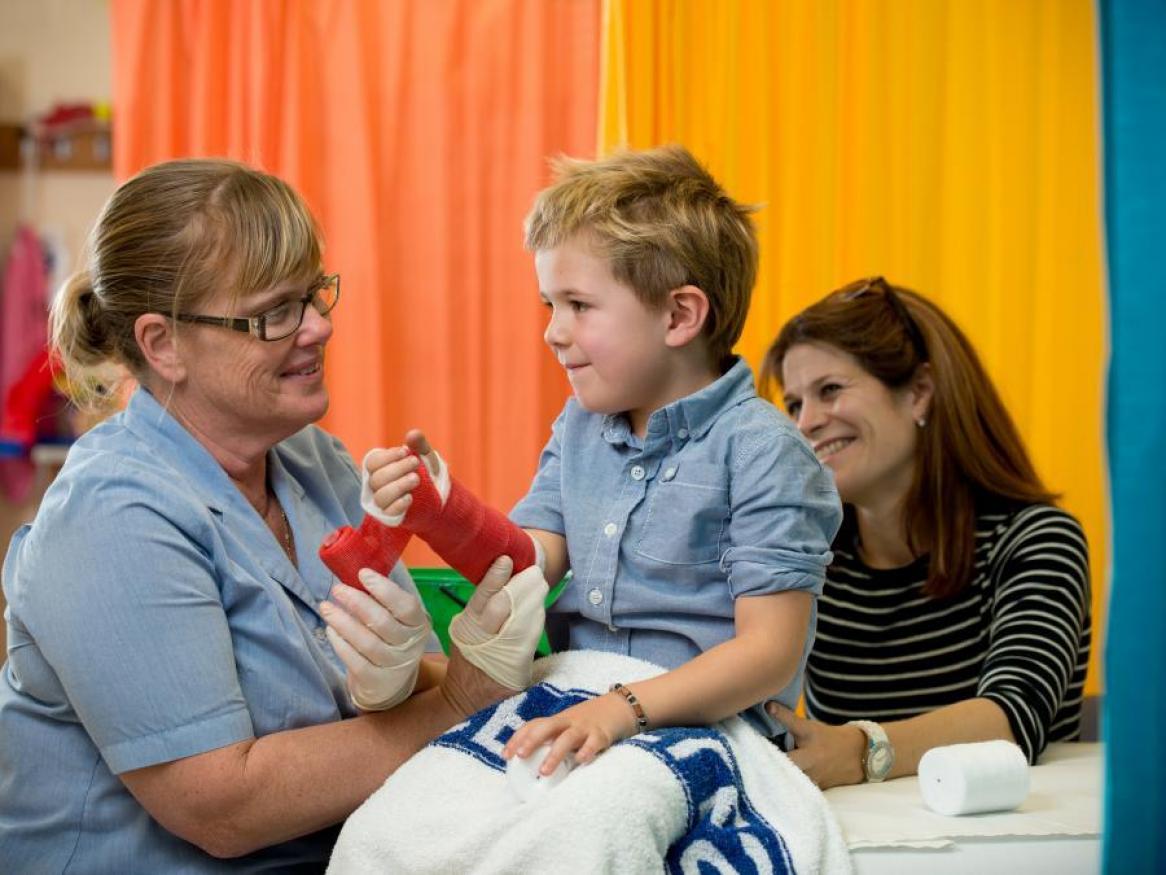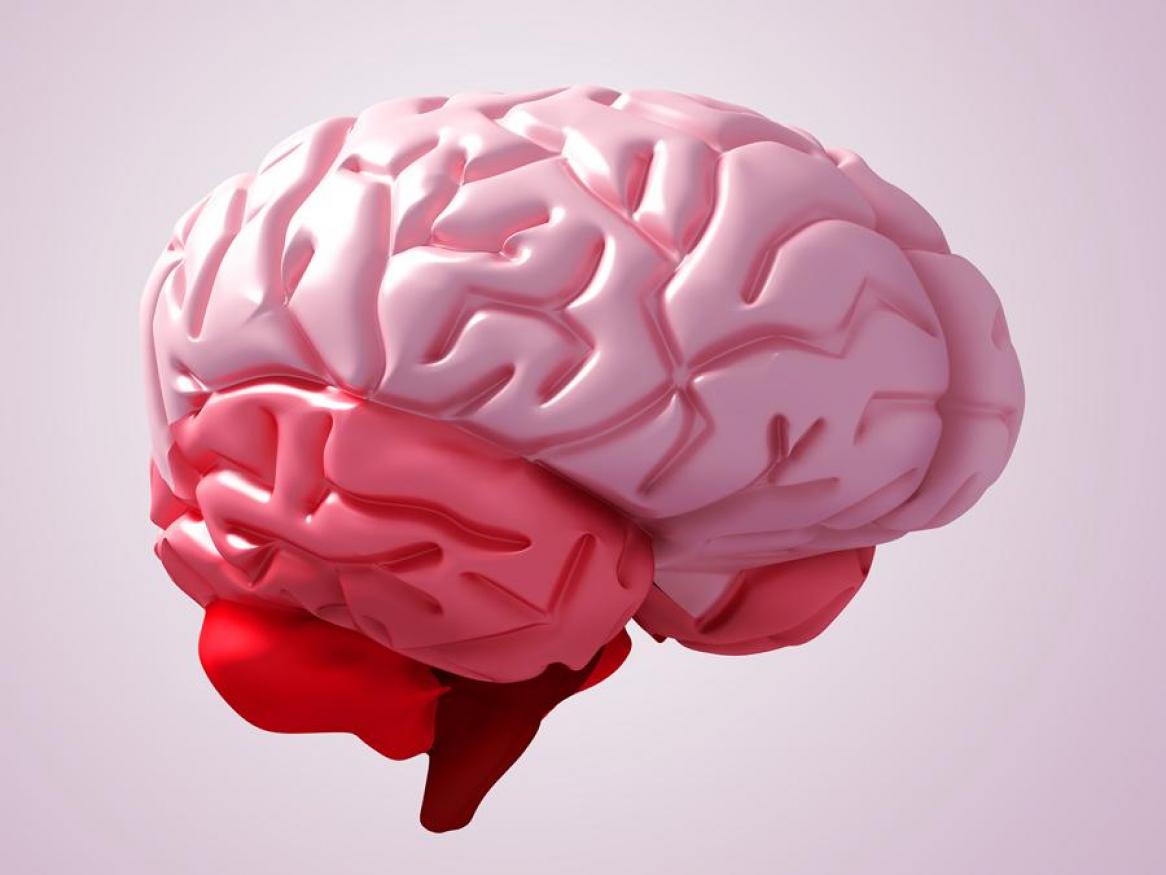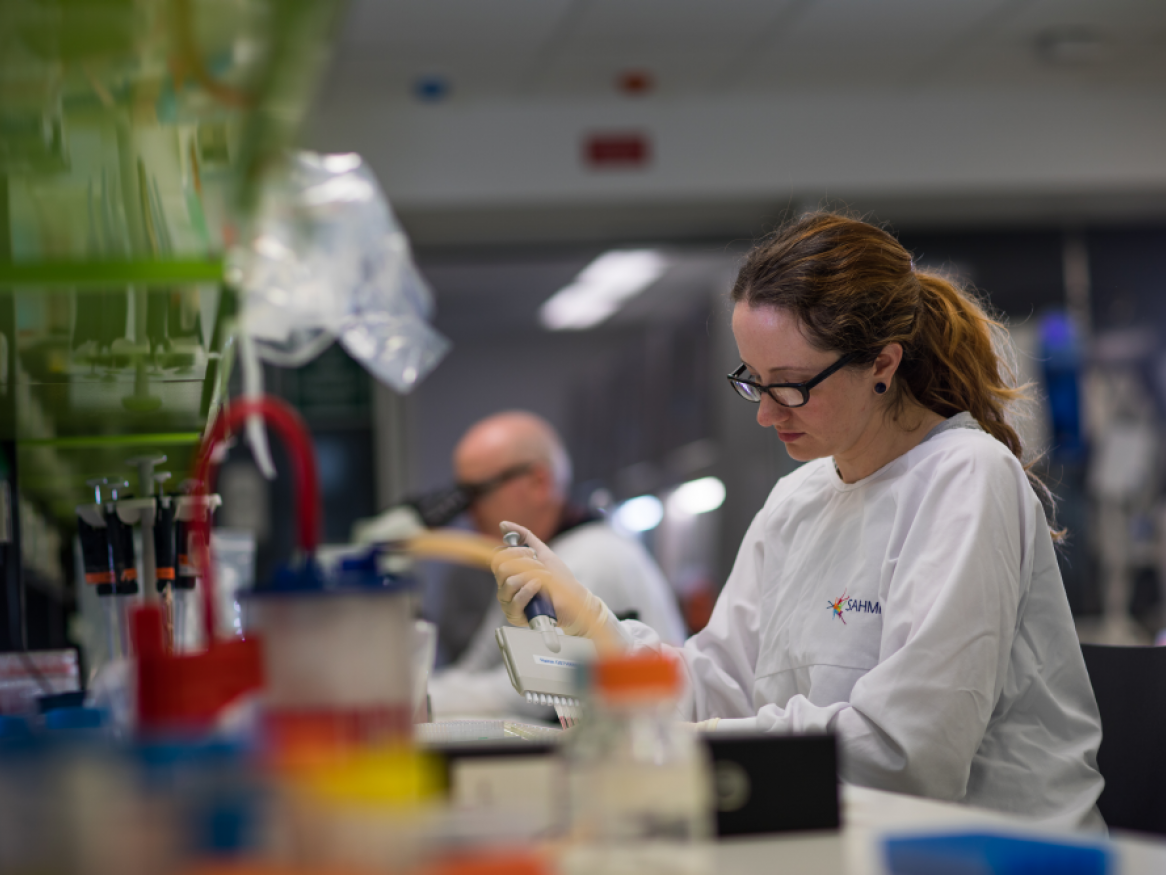Intellectual Disability Research
We seek to further our understanding of human brain function and intellectual disability through the study of genes and naturally occurring mutations.
Being able to unravel why and how intellectual disabilities occur is extremely important to the many people whose lives are affected by these conditions. Up to 3% of the population is affected by some kind of intellectual disability, costing $14.7 billion each year in Australia alone. The cost on families is enormous.
Understanding the molecular mechanisms and impact of gene mutations causing intellectual disability, autisms and some seizures represents a challenge of significant medical importance. Our research promises to lead to the development of effective therapies to improve the quality of life for patients and their families.
The Intellectual Disability Research group identifies the molecular mechanisms and functional impact of gene mutations causing X-linked intellectual disability (XLID): forms of intellectual disability that are genetically associated with X-linked inheritance. Our research seeks to further our understanding of human brain function through the identification of genes and characterisation of the naturally occurring mutations implicated in various disorders of the brain.
When considered as individual genetic disorders, X-linked intellectual disabilities are often considered rare. Collectively, however, they contribute to a significant health burden for our families and community. Children with intellectual disability have a high incidence of related medical issues, such as early onset and recurrent seizures. In many cases, therapies to prevent or improve the lives of people with these genetic disorders are not yet available. Our focus is to understand the functional deficits due to genetic mutations that underpin intellectual disability and seizures and, in doing so, to provide potential targets for future treatment options.
Interested in a postgraduate research degree?
We offer exciting opportunities for researchers at the honours, masters and PhD levels. Our research degrees are open to students from a broad range of backgrounds, and range from basic sciences to clinical research. If you are interested in human health, consider furthering your research career with us.



